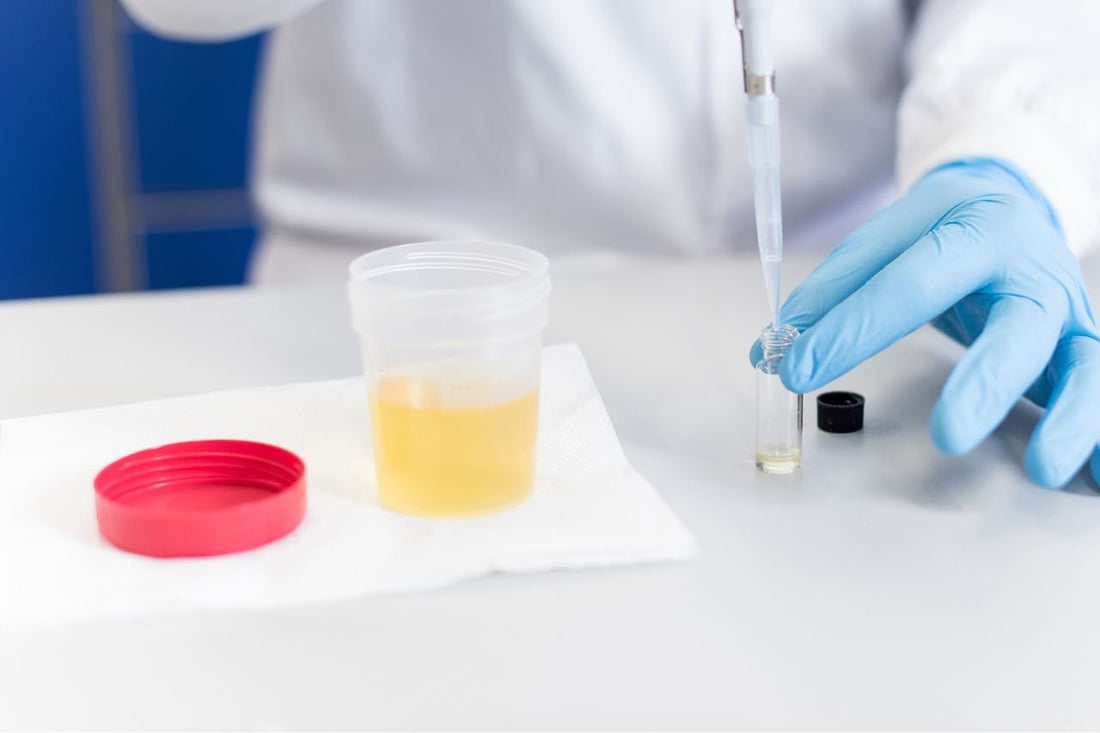Challenging the status quo: THC detection and impairment
In my decade-long journey exploring the depths of the cannabis industry, one topic that perennially surfaces is the relationship between THC presence in bodily fluids and actual impairment.
A recent literature review published in the Journal of AOAC International, led by researchers from the University of California at Davis, offers important insights into this topic. The study clearly states that detecting THC or its metabolites in blood, breath, urine, or saliva does not accurately predict behavioral impairment.
The science behind the findings
The findings, supported by traffic safety groups such as the National Highway Traffic Safety Administration and the American Automobile Association, challenge the basis of per se traffic safety laws in several states.
These laws criminalize driving with trace levels of THC, despite the lack of direct correlation with impairment. As the researchers pointed out, current testing methods can result in false positives for recent use, given THC's persistence well beyond the window of potential impairment traditionally pegged at 3-4 hours post-inhalation.
Legal implications and misconceptions
The implications of these findings are significant, particularly for states with per se laws that impose limits on THC levels for drivers. Such standards, not grounded in science, risk unjustly penalizing motorists who are not impaired and may not have recently consumed cannabis. This discrepancy between legal standards and scientific evidence underscores a critical need for reassessment.
Personal insight
Looking on the findings from the University of California at Davis, it's evident that the current legal framework for assessing cannabis impairment is deeply flawed. The disconnect between the presence of THC in bodily fluids and actual impairment not only challenges the foundation of per se laws but also highlights the broader issue of basing legal standards on outdated or inaccurate scientific assumptions.
In my experience, the path forward requires a nuanced understanding of cannabis's effects and a willingness to adapt our legal systems to reflect this complexity. By embracing alternative approaches that prioritize accurate measures of impairment, we can ensure that our laws protect public safety without unjustly penalizing individuals for legally protected behavior.












